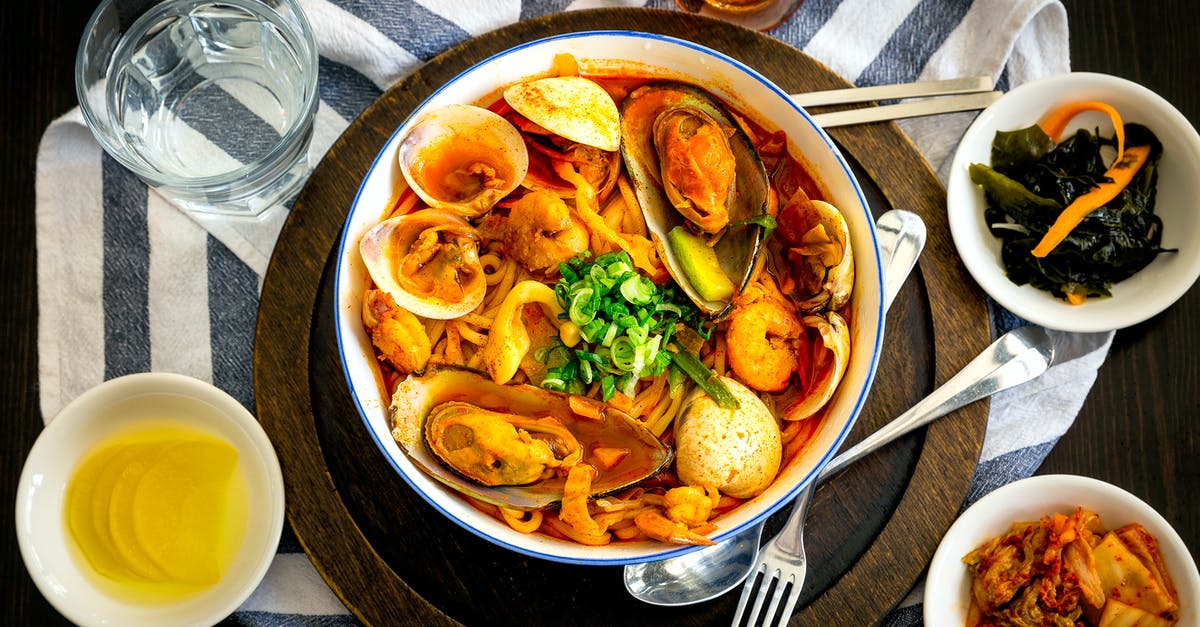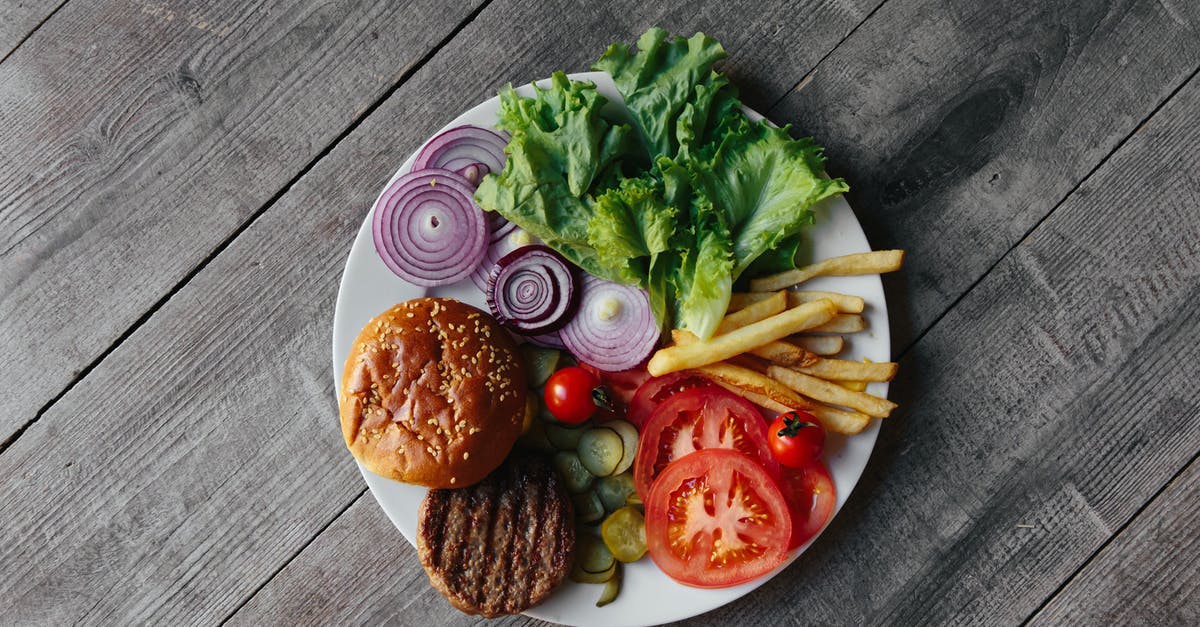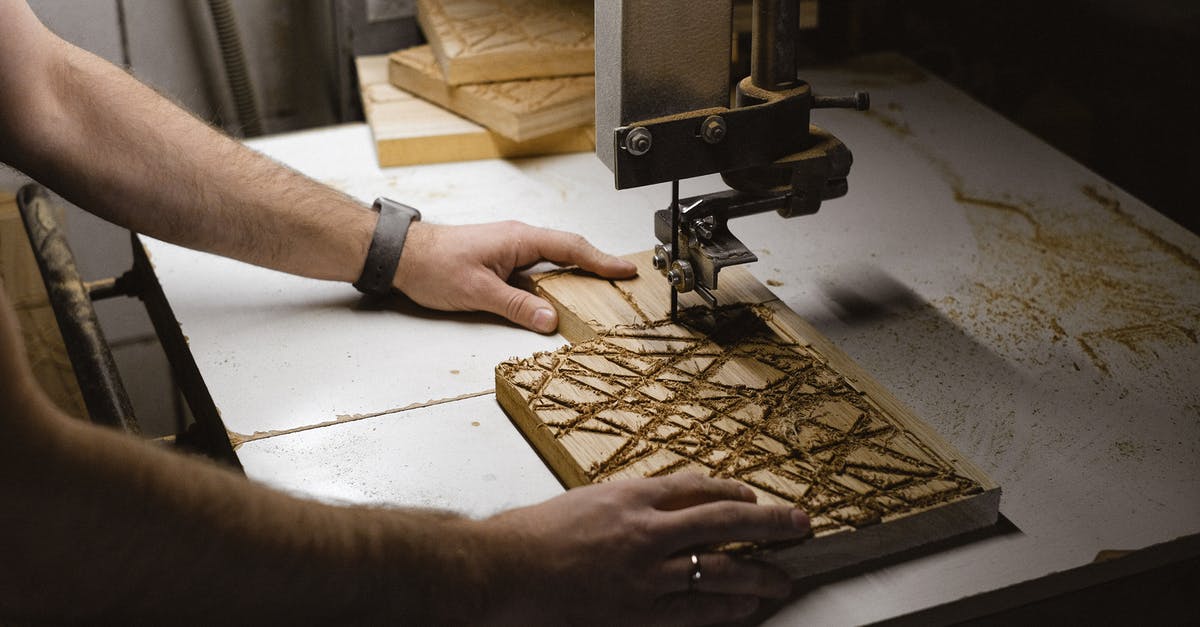What stops my pickles from turning into alcohol?

Just trying to learn the difference between lactic fermentation and alcoholic fermentation.. I'm a bit confused - is the only thing stopping my pickles from becoming an alcoholic beverage is the salt?
If not, what is the difference causing the final product (to either be lactic acid or alcohol), I understand the type of bacteria and yeast etc I mean does adding sugar to my fermenting pickles suddenly start producing alcohol or how - what is the definitive reason to why it ends up either a fermented pickle or booze
Thanks so much!
Best Answer
So, fermentation is complicated, and the answer to this question really depends on multiple factors. You're particularly interested in the role of sugar vs. salt, not lactobacillus vs. yeast. The simple answer to that question is that lactobacilli are salt-tolerant, while yeast is much less so. So adding salt gives the lactobacilli a headstart in converting the sugar present in your pre-pickles into lactic acid, and causes any yeast not killed by the salt to starve, and thus not produce much alcohol.
If you add more sugar on top of the salt, it won't cause alcohol production because the yeast will still be retarded by the salt, while the lactobacilli are not. You will just get really, REALLY sour pickles because the lactobacilli will convert all that extra sugar into acid as well.
That said, you can still get alcohol in your ferment. If you initially bite into a pickle and it's fizzy, that's a sign of alcohol. The yeast, while slowed down, is still going to grab some sugar for itself at the beginning and produce both alcohol and carbon dioxide. So carbonation itself is a sign that there is alcohol in your ferment.
That doesn't mean it's strong enough to make you feel anything, but it's important to remember if anyone consuming the ferment is on probation, or young, or pregnant, or a tee-totaler, or anything else you can think of. I've heard stories of children going to the hospital with high blood alcohol from drinking too much water kefir -- which is NOT a salty lacto-ferment, but still makes a point worth considering. I also know someone who failed a mandatory blood test because she drank kombucha, characterized by acetic acid and friends, not realizing that it could contain trace amounts of alcohol (luckily she managed to explain things and get out of trouble).
So, if you wanted to have an alcoholic pickle, you'd want to 1) leave out the salt, 2) inoculate with yeast to ensure that lactobacillus (or assorted nightmare bugs) don't manage to outcompete the naturally present yeasts, and 3) control the oxygen present. Adding sugar should be optional, but would be recommended I think.
[I don't drink alcohol, personally, so I wouldn't know, but I think if you're drinking pickle-born booze, you'll either want it sweet or really, really strong. That way you either won't have to taste it or won't have to think about it very long.]
I should also point out I don't make explicitly alcoholic ferments, so I'm not a practiced expert. But, the general rule is that you should initially use an aerobic ferment before introducing an airlock and creating an anaerobic environment. That's for two reasons. The first is that yeast can use both oxygen and sugar to produce alcohol, but only require sugar. So, Initially, to get the best of both worlds, you allow the yeast both. However, after a short period of time, if continually exposed to oxygen, the newly produced alcohol will start being converted into acetic acid by other bacteria. That means vinegar. If you take away the oxygen, vinegar doesn't happen.
That's why kombucha and kefir, for example don't become strongly alcoholic since they ferment entirely in an aerobic environment. Alcohol IS produced by the yeast, but is then in turn converted into various acids by the various strains of bacteria present. This is also why many people choose to perform a secondary ferment with kombucha and beer (although I only know kombucha thoroughly), where they add more sugar, in the form of fruit or flavorings, then cut off the oxygen supply and let the yeast work for a few days while many of the acid-producing bacteria take a backseat. This produces a fizzier drink, which indicates increased alcohol production. Kombucha is still very mild compared to other drinks that are intended to be alcoholic, but it's still worth remembering.
Pictures about "What stops my pickles from turning into alcohol?"



Quick Answer about "What stops my pickles from turning into alcohol?"
yeast. The simple answer to that question is that lactobacilli are salt-tolerant, while yeast is much less so. So adding salt gives the lactobacilli a headstart in converting the sugar present in your pre-pickles into lactic acid, and causes any yeast not killed by the salt to starve, and thus not produce much alcohol.What causes pickles to ferment?
It is the lactic acid that is primarily responsible for preserving the vegetables, as well as creating the wonderful flavor and aroma of traditional pickles. Length of fermentation depends on many factors, including temperature, moisture of the raw vegetable, amount of salt used, and thickness of the cut.How long should I let my pickles ferment?
Maintain required incubation temperature and timeframe. Store where the temperature is between 70 and 75 F for about 3 to 4 weeks while fermenting. Temperatures of 55 to 65 F are acceptable, but the fermentation will take 5 to 6 weeks. Avoid temperatures above 80 F, or pickles will become too soft during fermentation.How do I know if my pickles are fermented?
An easy way to remember the difference between the two despite their overlap is that pickling involves putting food into an acidic brine to produce a sour flavor, whereas fermenting gives food a sour flavor without any added acid.Does refrigeration stop fermentation of pickles?
MYTH #2: Fermented Vegetables Must Be Stored in the Refrigerator. Fact: Fermented vegetables were actually born as a method of food preservation in the absence of refrigeration. A cool place is all that is required.Can you make a new pickle by putting a fresh cucumber in pickle juice?
Sources: Stack Exchange - This article follows the attribution requirements of Stack Exchange and is licensed under CC BY-SA 3.0.
Images: SenuScape, Ron Lach, Anna Shvets, Pavel Danilyuk
